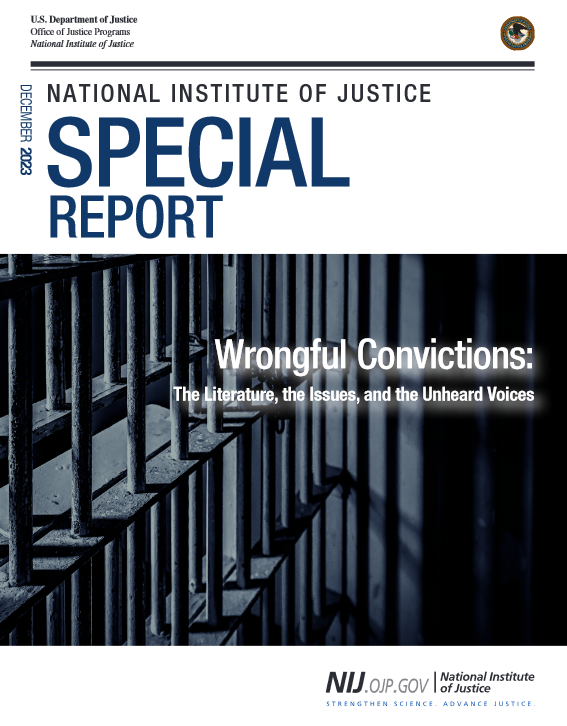Beginning Monday, May 13, 2024, all three floors of the library’s westside, including access to the Main, Music and Federal Government Documents collections, will be closed the entire summer 2024. The library’s westside will undergo a significant HVAC (heating, ventilation, and air conditioning) system maintenance project to enhance the overall infrastructure of the library.
During this closure, all physical materials, including the Federal Government Documents Collection, MUST BE requested online for retrieval and pick up. Visit the FAQ at https://libanswers.tcu.edu/faq/340487 for directions on requesting materials from the closed section. Hold requests are available for pick up Monday through Friday. If you require physical access to a Federal Depository you may visit one of the following depositories locally:
Dallas Baptist University (0594A)
Dallas Public Library System (0594)
Southern Methodist University (0600)
University of North Texas (0608A)
University of Texas at Arlington (0607B)
University of Texas, Dallas (0594B)
If you require Government Document research assistance you may contact our Federal Depository Coordinator, Beth Callahan, at 817/257-7669 or b.callahan@tcu.edu The library’s eastside will remain open for our regular hours of operation throughout the project and services and resources are still available. If you have any questions, please contact us at https://library.tcu.edu/contact-us.asp.
This Month in Government Information
Wrongful Convictions: The Literature, the Issues, and the Unheard Voices

The strength of our criminal justice system depends on its accuracy — its ability to convict those who have committed crimes and to clear those who are innocent. We have been refining our justice system for more than 200 years, and we continue to have dedicated public servants who help keep us safe, bring justice and a sense of closure to victims, and defend the rights of individualsaccused of crimes. But we know that innocent people are sometimes wrongfully convicted. Although the exact number of wrongful convictions is unknown, research commonly places the prevalence of wrongful conviction at under 5% of all convictions. The latest rigorous NIJ-funded estimate supports this rate; however, variations in the rate of error by crime type and other factors may exist.1 Research on the topic acknowledges that known wrongful convictions are likely only a fraction of the true number of erroneous convictions that have occurred. Every wrongful conviction is a miscarriage of justice that affects all levels of our society. Their outcomes have life-long impacts on the people who have been wrongfully convicted, the original victims of crime, and the families of both parties. Wrongful convictions undermine the confidence our nation has in the criminal justice system, often leading to questions about its fairness. In addition, wrongful convictions result in “wrongful liberty,” where the individuals who truly committed the crimes are free to victimize others.
SUDOC number: J 28.15/2:W 94
Located: ONLINE ONLY
ONLINE version: Wrongful Convictions: The Literature, the Issues, and the Unheard Voices
Government Information

Wrongful Convictions: The Literature, the Issues, and the Unheard Voices
The strength of our criminal justice system depends on its accuracy — its ability to convict those who have committed crimes and to clear those who are innocent. We have been refining our justice system for more than 200 years, and we continue to have dedicated public servants who help keep us safe, bring justice and a senseof closure to victims, and defend the rights of individuals accused of crimes...


